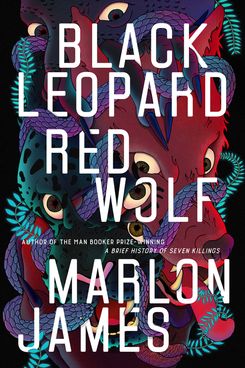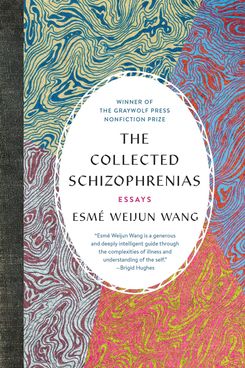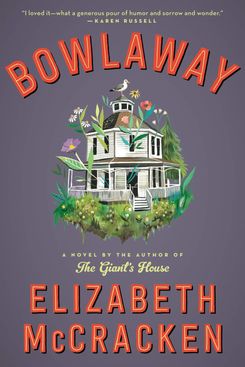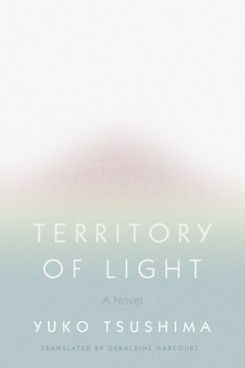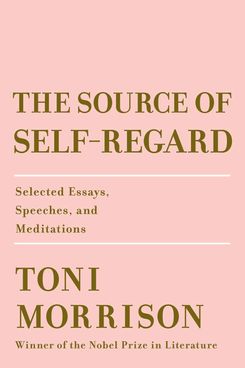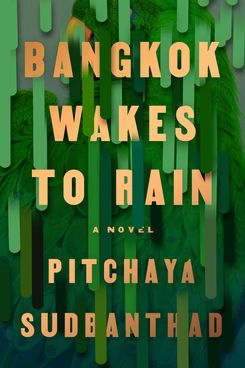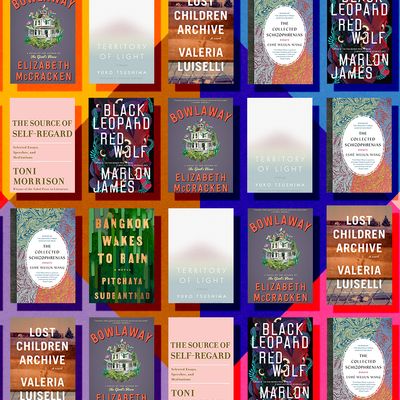
Each month, Boris Kachka offers nonfiction and fiction book recommendations. You should read as many of them as possible. See his picks from last month and next month.
By now you’ve heard of the “African Game of Thrones,” or “the next Black Panther.” But this fantasy foray from the Jamaican-American author of the Booker Prize–winning A Brief History of Seven Killings isn’t really like anything else. The journey of the Tracker, an otherwise nameless young man hired to find a lost boy (or his body), is long and winding and deep and lush (and only the first in a trilogy). It’s a page-turner, but a dense one, compelled by forward momentum but best savored for its wild detours.
Essayists intent on explaining the further reaches of human psychology usually bring either expertise or personal experience, but rarely both. Wang is a former lab researcher at Stanford and a woman forever navigating her diagnosis of schizoaffective disorder, bipolar type; she’s also an excellent writer and thinker. Her essays draw on both first-person knowledge and thorough research, making up a kaleidoscopic view of mental illness without resorting to melodrama or platitudes. She doesn’t manufacture hope when there isn’t any, but offers something more sorely needed — truth.
Part Harold Hill and part Mary Poppins, Bertha Truitt is spotted not descending from the sky but unconscious in a cemetery — after which she befriends everyone in a Massachusetts town and establishes a candlepin bowling alley. Townsfolk cast small balls at straight pins in hopes of bowling away their troubles, but this being McCracken, a novelist who balances the sweet and the dark, there’s ample heartache in their collective future. The novel begins in the early 1900s and tracks generations in a changing town, grounding a story that might otherwise have felt like a bit much.
The spirit of Bolaño animates this novel about our American-made border crisis. Luiselli draws on her work as a translator for asylum seekers, just as she did in her nonfiction book, Tell Me How It Ends, but on the broader canvas of fiction. An educated American couple and two kids drive down to the Arizona-Mexico border to research the Apache and to track down two refugee children. What starts as a cool, fragmented narrative, heavy on references, gives way to a suspenseful and distressing climax as the couple’s children themselves become lost. It’s a story about all American sins.
The author, who died in 2016, wrote novels strikingly ahead of their time — especially in Japan — that nailed the struggles and consolations of single women in a patriarchal culture. The unnamed narrator of this 1979 work (originally published as a magazine serial) must care for her daughter alone following a messy divorce; she often handles it poorly, drinking and oversleeping and running through cycles of neglect and guilt. Tsushima’s treatment isn’t just bracingly honest but bold in leaving room for unexpected outcomes, including happiness.
Amid hot-takers and TED talkers, we have one last living public intellectual, whose talks — from graduation lectures to a Nobel Prize speech —bypass aphorisms to grapple with America’s major problems and desires. There is maybe too much in this nonfiction collection, but when it comes to Toni Morrison, completism is warranted. She handles art and oppression in surprising ways; she exposes the emptiness of the reactionary impulse (calling fascism nothing more than “marketing for power”); and she has deeper insights into the intersection of race and literature than anyone else alive.
The debut author can be forgiven for sneaking a book of stories onto the “novel” shelf, especially as his glittering tales of the title city accumulate into a mosaic of jagged puzzle pieces whose chronological leaps make the whole thing come together only more powerfully by the end. The main elements are a forlorn woman named Nee, the deadly uprising of 1973, foreigners going native, a skyscraper built around a colonial house, and a city forever changing but steadfastly unique across the century straddled by this grand narrative.


